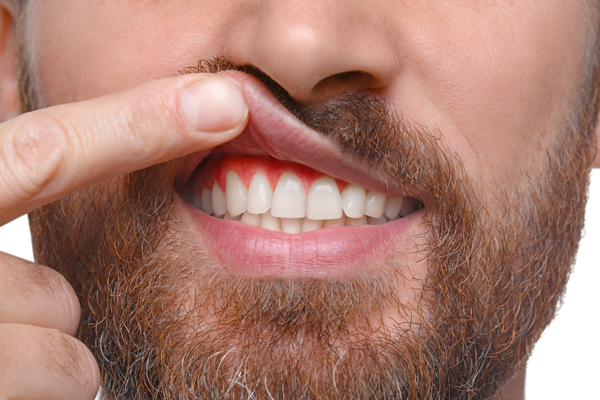You should be as concerned about gum disease as you are tooth decay. This condition can affect your oral health and overall wellness. It is important to recognize the signs and symptoms of this disease so you can treat it properly. There are also risk factors that lead to the condition and ways you can prevent it. Your dentist can help you slow down its development and recommend effective ways to fight it.
The basics of gum disease
This condition develops in a person’s mouth because of bacteria on the gums and at the gumline. This will start to inflame the gums, redden them, and cause them to bleed. At this point, it is known as gingivitis. If the patient does not treat it, the disease can escalate and become periodontal disease. The same symptoms will worsen, and the patient’s gums will also start to separate from the teeth, leaving gaps. In these spaces, bacteria will form, leading to infections.
People who are prone to having the condition
Gum disease can affect people at any age. People are most likely to get it when they do not brush at least twice a day and floss daily. Failing to go to the dentist regularly for exams and teeth cleanings will also put a person at higher risk of having the disease. Older people are also more susceptible to the illness. Genetics can also play a role in gum health and disease prevention.
The effects
Early on, gum disease may only have minor consequences. The gums may be swollen, and they may bleed when the individual brushes them. Over time, the condition can worsen as it develops from gingivitis into periodontitis. At this point, the gums may recede as they pull away from the teeth. This can create pockets where bacteria grow.
If this disease is left untreated, bone loss can occur, causing teeth to shift or become loose. The bacteria can spread throughout the mouth and into other parts of the body. Infections can develop and get into the bloodstream. People with extreme cases of gum disease can eventually have cardiovascular problems and suffer heart attacks or strokes.
Keeping it away and treating it
The most effective way to battle gum disease is to brush and floss daily. These activities prevent the buildup of plaque and bacteria-causing tartar. Regular teeth cleanings will also help. At these appointments, the hygienist will scrape away plaque from the teeth and gumline. In more advanced cases, the dentist may recommend root planing or scaling.
Live healthily, avoid gum issues
Your gums are as important as your teeth when it comes to oral health care. Just like combatting tooth decay, you can fight off gum disease by practicing good oral hygiene. If you start to see the signs of gingivitis, make sure you see your dentist right away. If you catch these effects early enough, you can reverse them and regain your health and wellness. Make an appointment with your dentist today for an examination of your gums.
Request an appointment here: https://www.dentistinlongbranch.com or call Garden State Healthy Smiles PC at (732) 504-6914 for an appointment in our Long Branch office.
Check out what others are saying about our dental services on Yelp: Gum Disease in Long Branch, NJ.
Related Posts
Could Gum Disease Be a Sign of Another Condition?
It is easy to assume all gum disease is the result of poor oral hygiene. In many cases, it is. However, red or swollen gums can also be an indication of other …
Gum Disease Treatment: What To Expect From Start To Finish
Think you may need gum disease treatment? Read on to learn more about this condition. Gum disease treatment is necessary if infection-causing bacteria invade the oral cavity. Without prompt treatment, the bacteria …
Is There a Relationship Between Gum Disease and Diabetes?
Many individuals are familiar with gum disease. What may be unknown, however, is the relationship of diabetes to problems with the gums. Diabetes is the result of multiple diseases within the body …
Important Facts About Gum Disease
Gum disease is an inflammation of the gums and the tissues surrounding it, primarily caused by poor oral hygiene. According to a study conducted by the National Institute of Dental and Craniofacial Research, over 80 …


